I recently met up with Chris Goodman, the head of the habitat team, to help me write about part two of my Sustainability Series. Chris is one of the most passionate people I’ve come across. Anyone who has met Chris will attest to his sharp sense of humour and unrivalled excitement about anything related to sustainability and reducing Londolozi’s tread upon the earth. I put together a few questions in order to delve a little deeper into the mind of the man responsible for so many of our incredible advancements and changes in the way of our collective thinking.
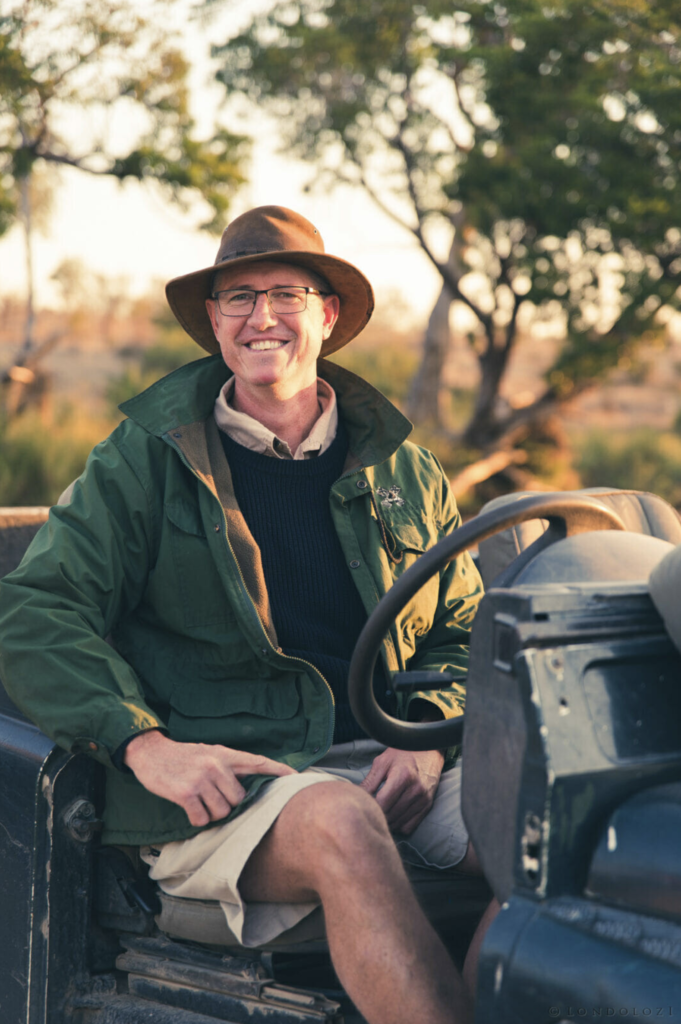
What brought about your affinity for sustainability?
Around 2016 I was cruising around on Youtube and the Internet, as everyone does on social media and basically everything you see there is just negative: climate change, foreign policy, war, urbanisation… Societal behaviour is breaking down to some degree and it paints a bleak picture. Then I stumbled across permaculture on Youtube, via some videos by a chap called Geoff Lawton. And for once, there was a guy who wasn’t painting a negative picture, he was saying that although there are massive problems, the solutions are sometimes embarrassingly simple and they’re right in front of us. And we all have this sort of historical muscle memory of how we used to do things. Everyone remembers their grandmother who used to keep things like lard and used every part of a vegetable or animal. There was very little waste back in the good old days, especially during wartime. It was just unacceptable to be wasteful. Whereas nowadays we’ve become a very wasteful society. So, there was this quite positive outlook, hence I was drawn towards Geoff and sustainability and also to other permaculture chaps who push permaculture online. So what brought me to sustainability was the fact that it paints a positive picture and I think we need to head in this direction out of necessity as a species and as a society. It doesn’t matter what walk of life you are in, if you are looking at things through a sustainable light, you will be better off in the long run.
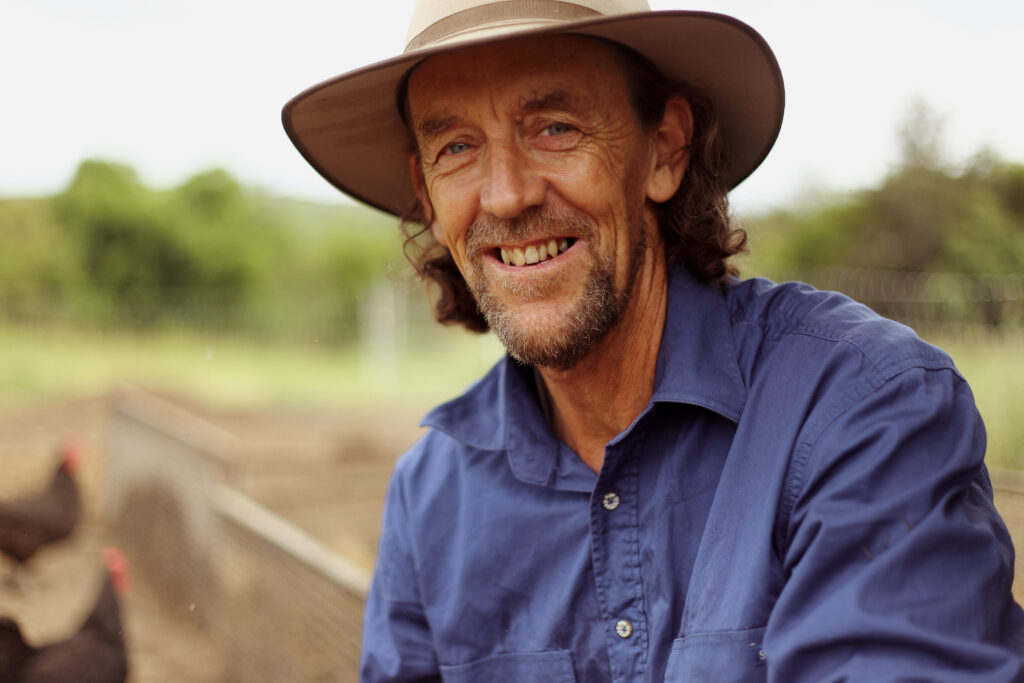
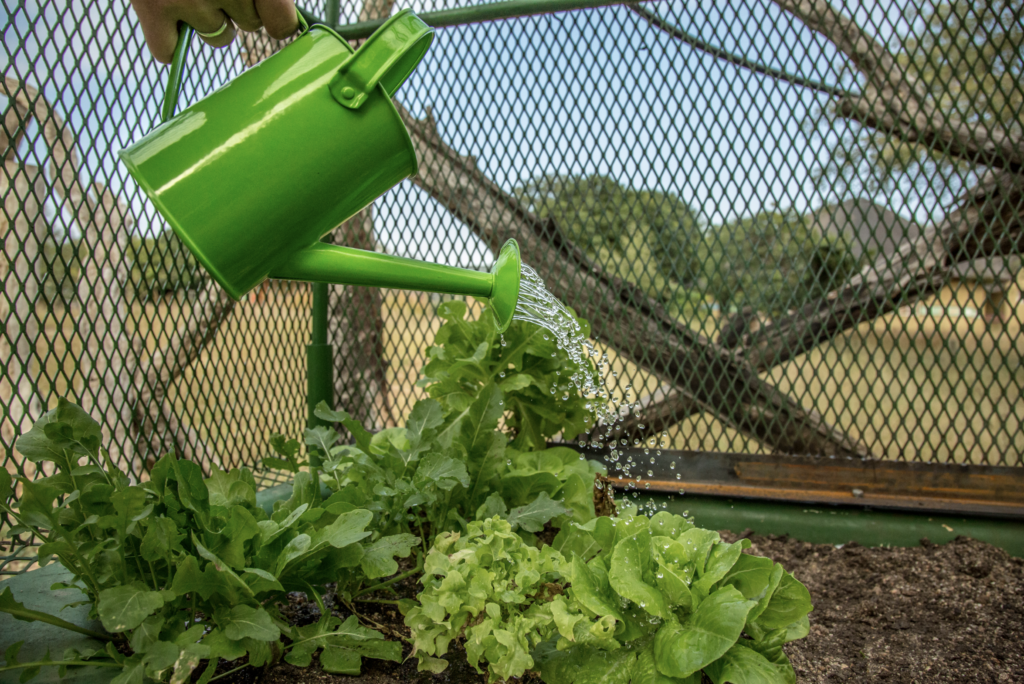
What does sustainability mean to you? And why do you think it’s important for the furthering of tourism in South Africa?
If people, organizations, governments and companies are not practicing at least some sustainable behaviors, we are ultimately doomed. And it just makes financial sense these days. There’s so much waste occurring – we actually could save a lot of money, it just requires a little bit of effort. So what sustainability means to me is hope. It is the future. It is how we always used to do it, you know. I often marvel at how ancient cultures actually had it waxed. Yes, their lives may have been a bit more difficult when it comes to things like disease, food, supply and the like, but when it comes to this sort of ability to recycle, repurpose and reuse what may today be classified as waste products, they were way more advanced as a civilization than we are currently. So there’s a lot to be learnt there. It is a classic journey and it doesn’t matter if you’re on the first step or a couple hundred kilometres down the line – as long as you are stepping in the right direction.

I think all tourism destinations in South Africa are alive to the fact that the guest market, especially our guest market at Londolozi, consists of guests who are wanting to come to locations that have impact reports, that have green outreach programs, that are sourcing locally. So it just makes economic sense for tourism to jump on the bandwagon. That’s sort of looking at it quite cold heartedly… But with regards to right relations with the earth, it’s the right thing to do in my opinion.
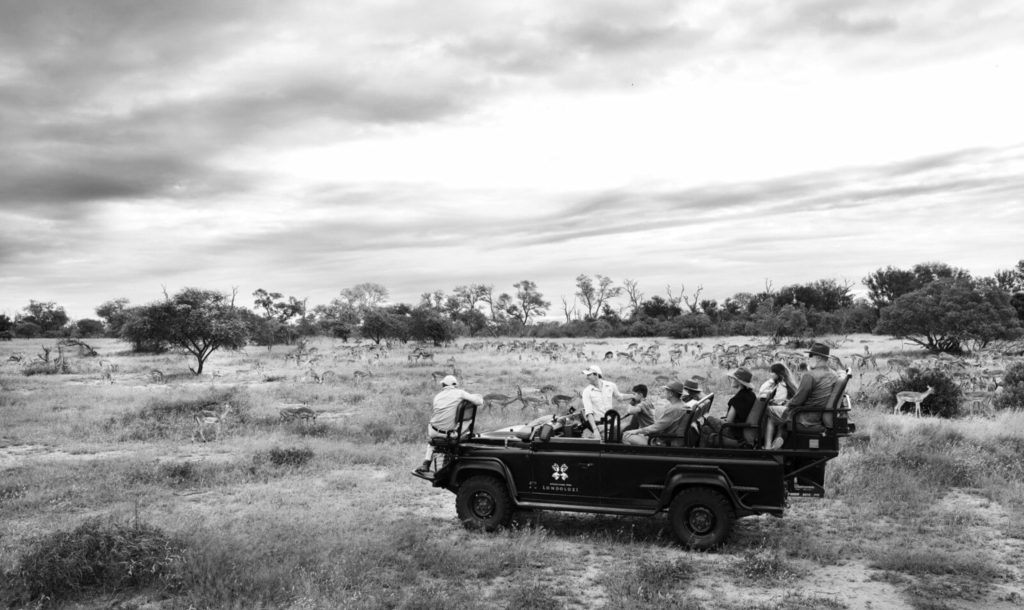
When did Londolozi start to realize the need to lessen our impact on the environment. Was it Ken Tinley’s influence, or was it always an underlying factor?
I can’t exactly speak on behalf of Dave Varty, but I think Dave and John realized that the old ways of hunting were not sustainable. They probably felt an inherent unbalancing. That’s probably what their gut feel was prior to meeting Ken Tinley. I think when Ken Tinley arrived on the scene he probably crystallised what they already felt and he opened their eyes to permaculture as Ken was trained by Bill Mollison, the founder of permaculture. So Ken was the first chap who started explaining to Dave and John Varty back in the day about the interconnectedness of nature. How everything is actually all connected and every part of the system plays a role and is influenced by everything around it. In a way he formalised it in the Ken Tinley report that he wrote. And remember that what’s interesting about permaculture is that it is actually human-centric. Meaning it doesn’t propose that humans get out of an area and leave it to be a pristine habitat. It says, well, humans are here, they’ve always been here. How do we incorporate them sustainably and how do we work in harmony with nature? And that’s what he did. The proof’s in the pudding as Londolozi has been super successful since then, after having implemented some of the suggestions that he made in that report. Not only is it the wildlife – Ken Tinley spoke a lot about how you show up as an organization and how you behave in your social and your socioeconomic surroundings. His exact words were, “you cannot be an island of abundance in a sea of poverty”. How are you sharing your abundance? How are you engaging with your surrounding people, communities and families as an organization? How you interact with all of those are massively important as well. So, I think in summary, it was probably always underlying with Dave and John but then Ken Tinley was definitely the catalyst here, who I think sparked and formalized it in the Ken Tinley report.
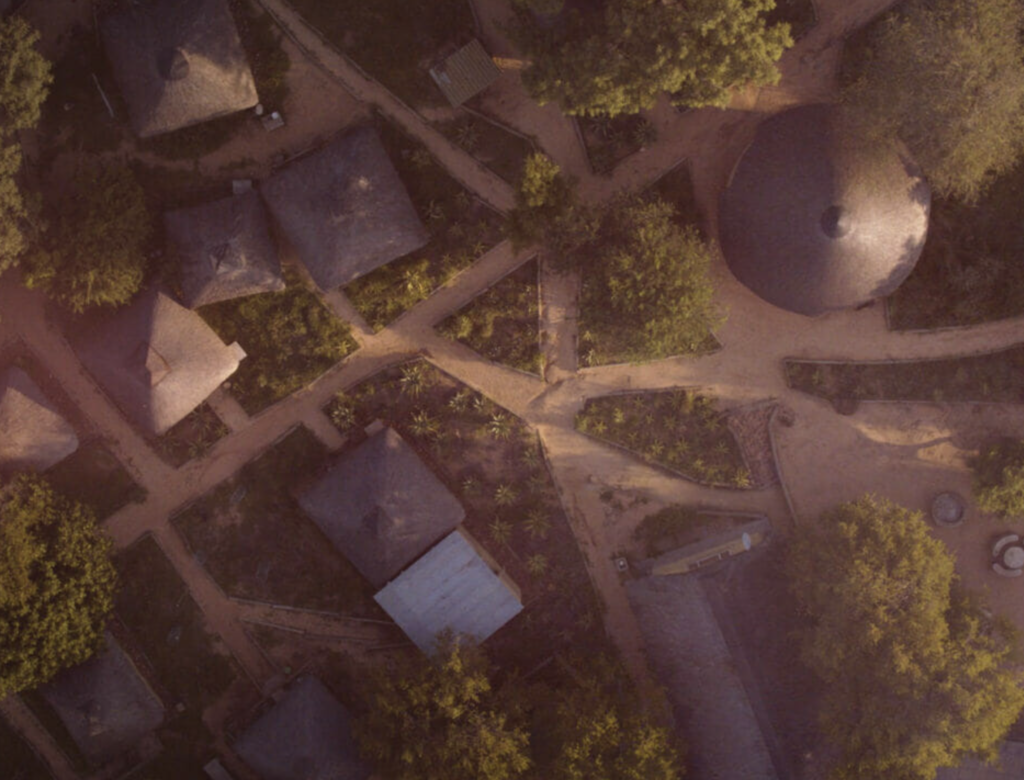
What does permaculture mean to you? And how does it fit into the Londolozi model?
So permaculture is interesting in that it’s an all-encompassing practice. If you want to grow a veggie garden on your fifth story balcony in New York City, you can use permaculture. If you want to farm on your hundred thousand hectare farm you could use elements of permaculture. If you want to grow a community and develop how people interact with each other and how they trade goods, you can use permaculture. Geoff Lawton uses the analogy of a cupboard. Permaculture is basically like a large cupboard and it covers everything from sustainability to regenerative agriculture. It covers everything. So, not to get too biblical with the references of it, but it’s kind of like the Ten Commandments in that it overarches everything. So it means a lot to me and I think it is the foundation that underpins Londolozi’s land management model, which is the sustainable use of the resources in harmony with the natural system. It’s not a totally extractive model. There are times of abundance and then there are difficult times. It’s a two way street with how humans and nature interact with each other.
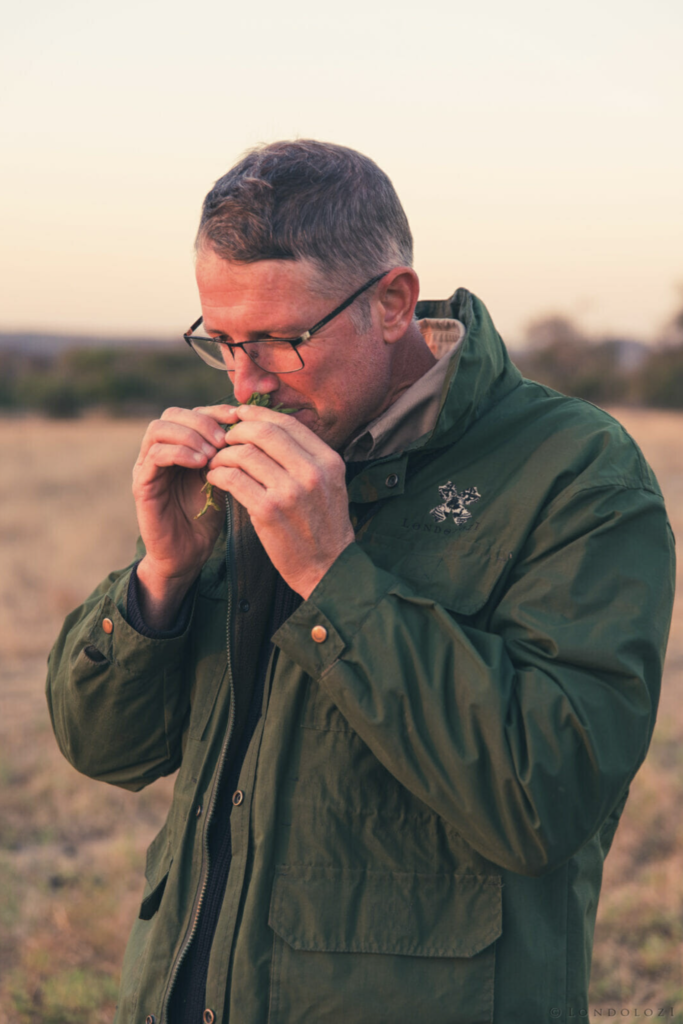
What are some of the more momentous milestones over the years in terms of sustainable development?
What is quite interesting is that we came full circle. So Londolozi was very attuned in the late 70s and 80s, Ken Tinley had played such an important role in Dave and John’s development – how they managed the land and then moreover how they behaved in the camp. I think what was unfortunately lacking was some form of technical underpinning. Londolozi grew very organically in those early years. So part of my role was to come in and to oversee the upgrading and implementing of new systems. This was known as Project 2020 and one of the first things we did was we upgraded the main waste water and sewerage system lines, and we got all the civil lines sorted out. We built two new Eurodrains which was amazing because I think as an organization it is the first time that Londolozi spent a Significant amount of money (6.6 million Rand) on what was deemed ‘back of house’. And for me, I sort of generally believed that when we released the money that had to spend on this system, it was a means of putting our money where our mouth was.
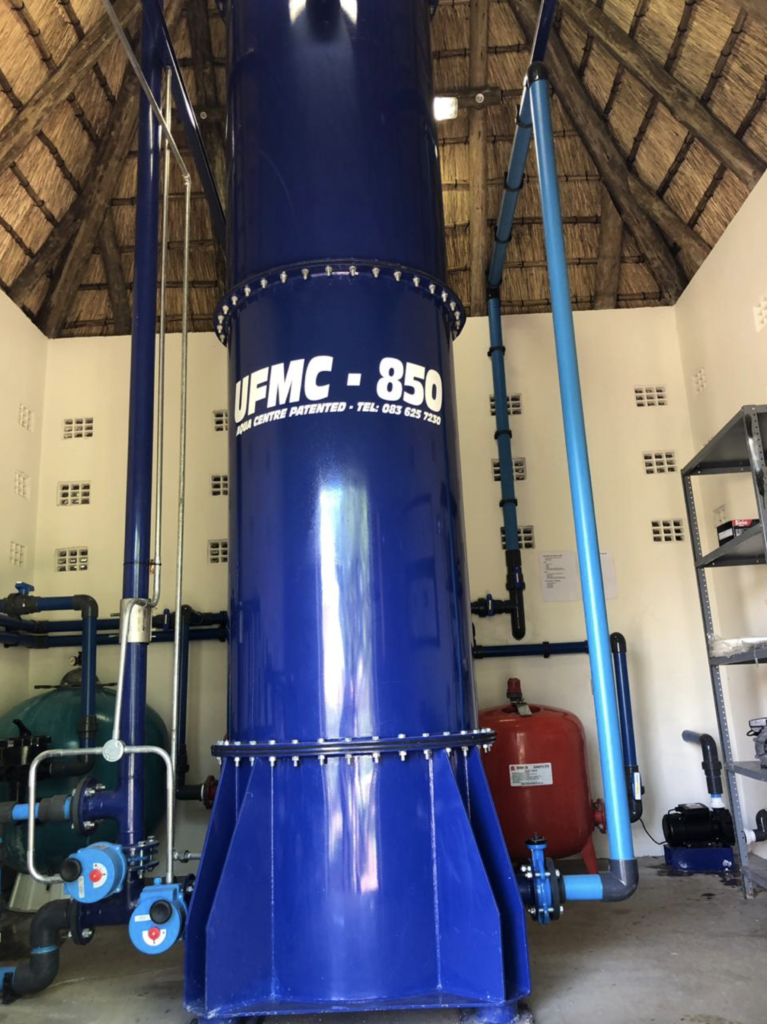
And yeah, you can go look today. The results are amazing: clean water to European quality, irrigation standard water. We discharge that water into our dam. The dam is then used for irrigation and we water our grounds with it, and it’s a closed system. We also made allowances for times to come – we future-proof that system so that if we had to in the future, we could essentially take that waste water and turn it into drinking water. So that was quite a momentous milestone, not just because of what we did technically but because it meant that Londolozi had actually started this sustainability journey. Since then other developments have come along with regards to our solar farm and the technicality with which we build, such as the gardens, landscaping, and water harvesting systems that we’ve installed which are incredible.
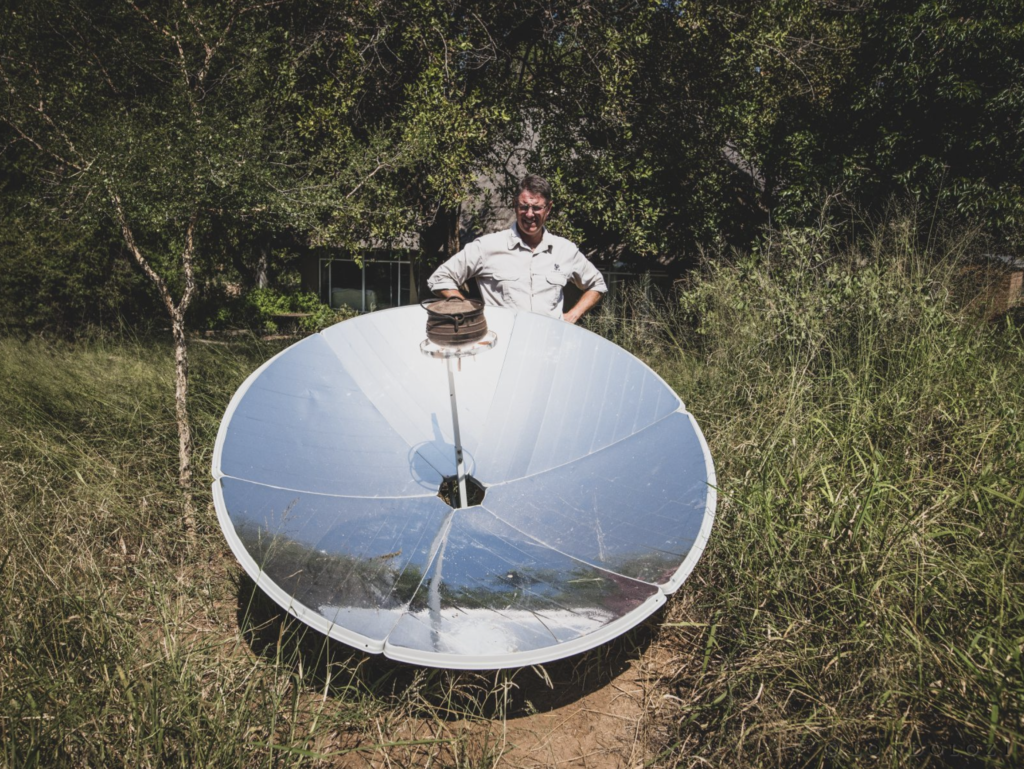
What do the next few years hold in terms of future plans or improvements to existing hardware and systems at Londolozi?
So we have been working on and chiseling away at our master plan. We created an overarching design of the Village and the whole of Londolozi with regards to how we saw it panning out over the next few years. How do we see developments to housing and flows of traffic? How do we harvest water? How do we grow gardens? How do we treat our waste? Where are we getting our energy from? How are we sourcing our goods and food? Are we sourcing locally, etc. So all of those, especially in the supply chain, are areas that are very important to us and those which I would like to see us diving even deeper into in the next few years.
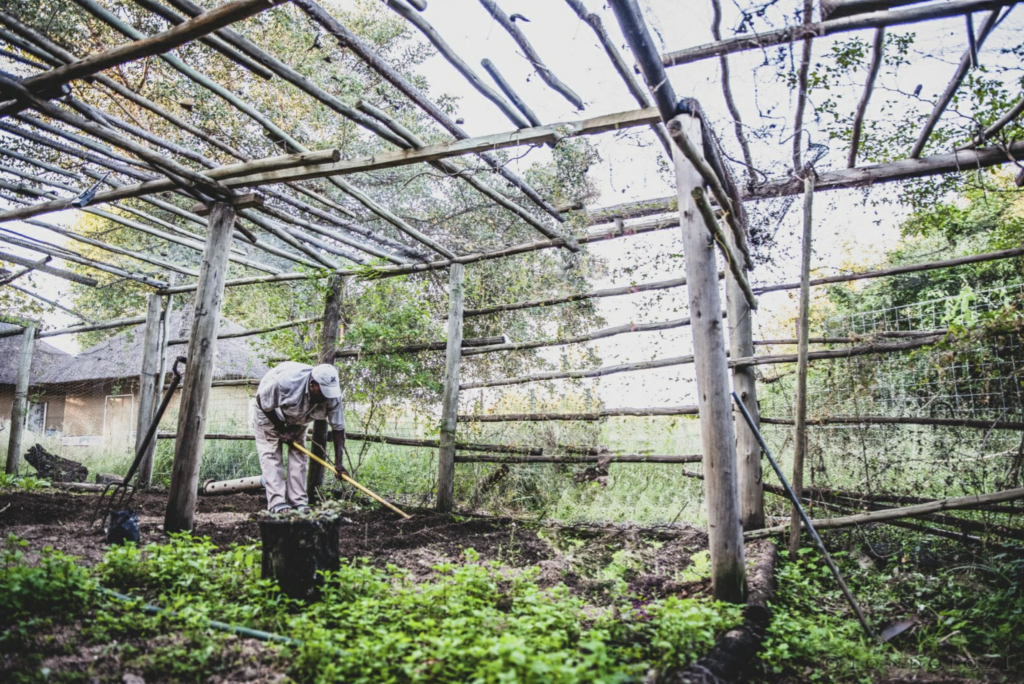
On the landscaping and water harvesting side of things, we installed a series of swales in 2018 and swales are these water harvesting ditches on contours that have helped to percolate water down into the soil which increases soil moisture. So we would like to install quite a few more of those. We’d like to start linking them all together because they can actually start pouring water from one into the other.
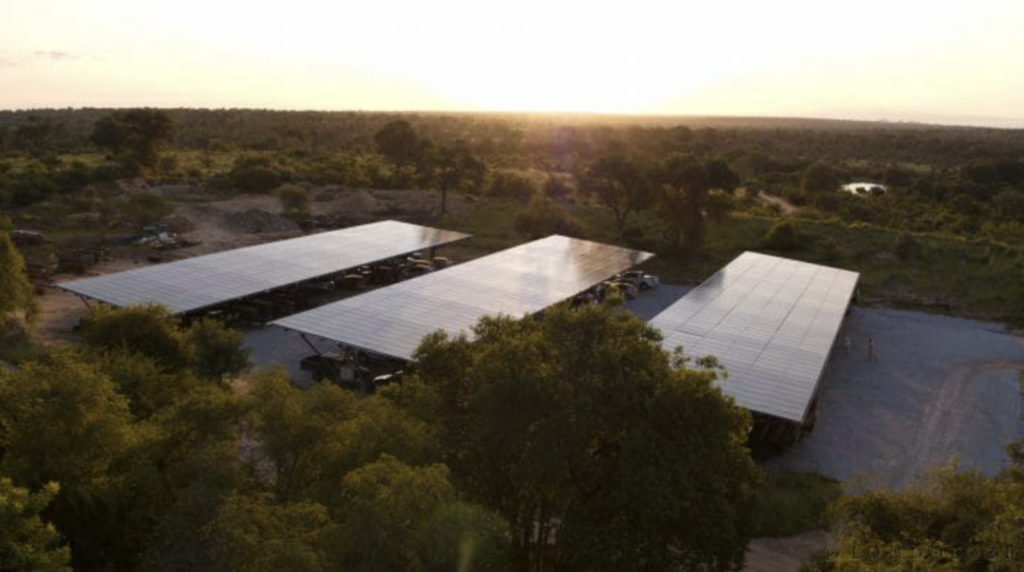
On the hardware side of things, we are moving to continue with our multi phase solar farm. We have completed phase one. So the farm currently produces 300 KVA and that supplements our power demands. Obviously, we are still grid-tied. We want to implement Phase 2 of that which would take us to about 80% on solar on a good day. And so that’s what we plan to do over the next 12 months and that consists of more solar panels being installed behind the offices and on the roofs of existing buildings which were built with this in mind. So watch this space!
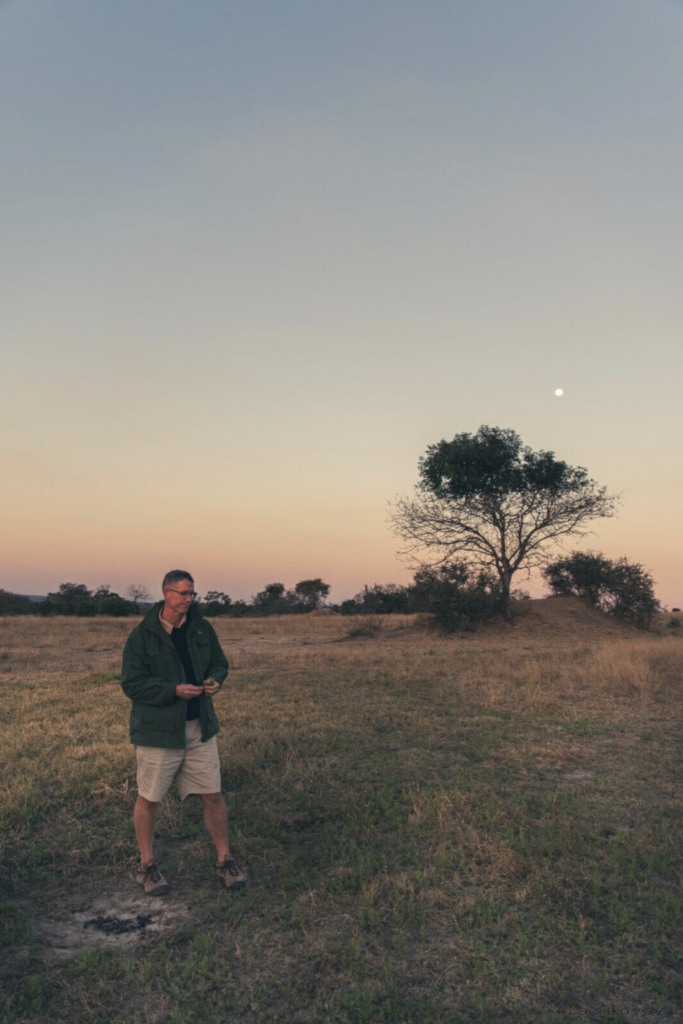
What do you consider your largest success and greatest challenge during your career here?
I would say my biggest success was probably reinvigorating permaculture at Londolozi. It died down in popularity in the 80s and 90s and wasn’t at the forefront of everyone’s minds. So reinvigorating it but also bringing a sort of process to it. In terms of what does permaculture actually mean and what are we actually doing about it and asking how permaculture affects Londolozi? The greatest challenge, I think, would have to be winning the hearts and minds of the people and creating awareness about the sustainable issues that we face. I think a lot of people are blissfully unaware of the effects that humans have on the planet and on the bush, at Londolozi itself. People are just carrying on, doing a job and earning a salary. I think over the next few years we are definitely going to start to see changes in weather and changes in the availability of food (we are already seeing it). Food costs go up and I think that’s what’s going to perhaps cause people to pay more attention to this need to be more conscious, more sustainable. And so, hopefully Londolozi can be an example to our fellow humans and communities. Of how you can use some very simple methods and techniques in the permaculture and sustainability space in order to not only reduce costs but also to recycle, repurpose and reuse.
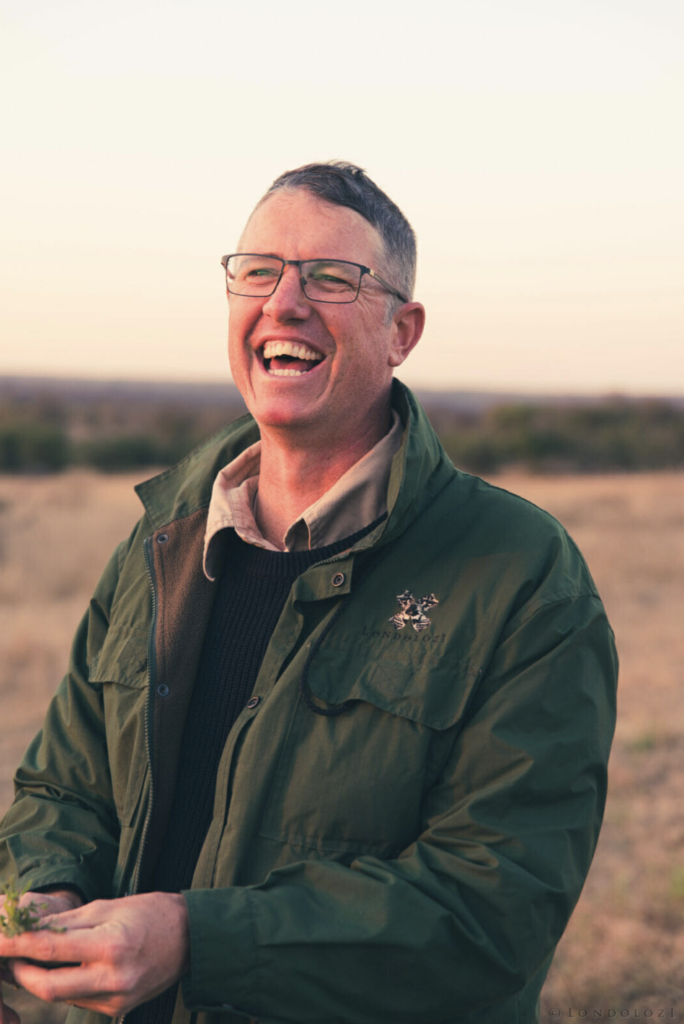
So permaculture and sustainability are basically not only something that we should be doing to make our lives easier and more cost effective but something we should be doing to help the planet, to help our fellow man and to be an example to others. For some more small ways that you can bring permaculture into your homes, please keep your eyes out for my next blog in the series!
Join our global tribe:
As a Londolozi Ripple Fund supporter you join a global tribe of people who hold the belief that the restoration of the planet can only come out of a profound shift in human consciousness.
We have established a Londolozi Ripple Fund Impact site where you can follow regular updates of projects and donations as they unfold.
For more information or if you would like to make a donation and start your own ripple effect, please reach out to us on ripple@londolozi.co.za




